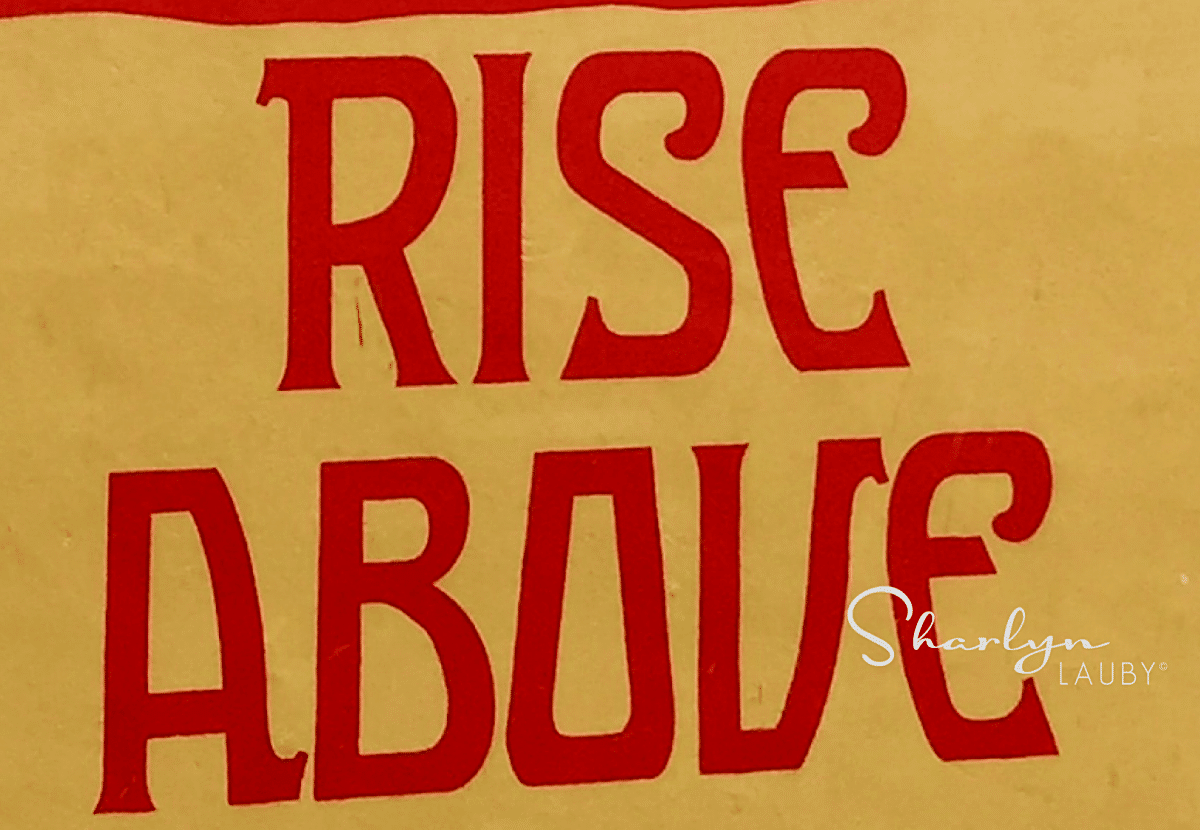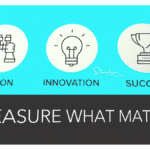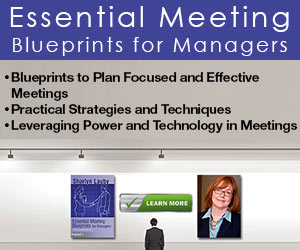
I recently wrote a post about what recruiters would like job seekers to do when they apply for a position. The list includes submitting a cover letter, researching the company, and coming to interviews prepared. But applying for a job is only one way of getting a new position. Another way is when a recruiter seeks you out.
I’ve gotten more than one job in my lifetime by a recruiter contacting me first. Here’s the thing though…if you want a recruiter to contact you, they have to be able to find you.
During last year’s Recruiting Trends & Talent Tech Conference, I listened to several recruiters vent their frustrations about candidates that don’t keep their contact info current. You know, old phone number and emails. Abandoned social media accounts.
The reason I bring this up is because it takes relatively little time to keep the contact info on your social media accounts current. (FYI – I wrote a post on the Unum WorkWell blog recently about personal social media audits.) Even if you’re not looking for a job right now, you never know when the job of your dreams might be presented. If that’s the case, I’d like to think you want that opportunity to find you.
The second thing that recruiters were frustrated about was candidate responses. More specifically, a lack of responses. We’ve talked several times here on HR Bartender about how to follow-up after an interview, etc. After listening to the conversations recently, I get the impression that might be the exception and not the rule. Let me toss out my two-cents for consideration. If a recruiter contacts you, it makes sense to answer them. Even if you’re not interested. Let them know, “I’ve got a great job. Very happy here. Thanks for thinking of me.”
I will add, if a recruiter is doing a generic blast of open positions (sometimes known as “spray and pray”) then you don’t have to answer them. But if they specifically contact you, take a moment to respond.
When the job market has more demand than supply, it would be logical to expect more recruiters to start actively sourcing candidates. That means, people should expect unsolicited calls and emails to see if they’re interested in an opening. Answering a recruiter doesn’t mean you have to apply for the job, go on an interview, or feel guilty.
It could be the start of building a positive working relationship with someone that can help you with your future career goals. So take a moment to update your contact info and remember the old quote, “Eighty percent of success is just showing up.” Or in this case, just answering the phone.
Image captured by Sharlyn Lauby while exploring the Wynwood Walls in Miami, FL







Susan says
If a recruiter is making first contact via phone, they should make sure their phone number displays with a business name and not as “No Caller ID” or “Unknown Caller”. I know I’m not alone in ignoring any call that is unidentified — most of them are robocalls and scammers. Also *ask* right away if it’s a good time to speak. Too many recruiters jump right into the reason for their call, oblivious to the fact that they are likely calling in the middle of a work day and where the recipient has no privacy. It is always better to make first contact by email or LinkedIn, determine if there’s an interest, and then schedule a call at a mutually agreeable time.
Sharlyn Lauby says
Hi Susan. I totally agree with you. It’s unfortunate that we have to deal with so many spam calls, but it does happen. Companies need to have identifiers if they want candidates and customers to answer the phone.